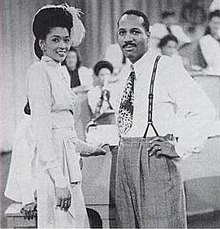Yes, there really are Teletubbies videos in Tibet. Who knew! (But no, those are not the kind of resources I am advocating for preservation.) This past week, I saw the film "Tibet in Song", directed by Ngawang Choephel (who was actually at the screening for a discussion afterward), a documentary concerning the effects of Chinese occupation on traditional Tibetan music. While it is the cause for much of the disintegration of Tibetan culture,
I do not want to get too much into the political aspect of the situation. Instead, I feel it is important to consider the benefits of documentation and access to resources on audio or video.
There are no laws in place prohibiting traditional Tibetan music as there once were, but it is still highly discouraged and Chinese music is instead blasted over loudspeakers around some Tibetan towns. As a result, many younger people no longer know real Tibetan music. However, there exists an archive library and museum in Dharamsala, India founded by the Dalai Lama that houses much of this forgotten music, the
Library of Tibetan Works and Archives.
I highly recommend seeing the film, or at least the trailer:
http://www.tibetinsong.com/
 |
Director of the film, Ngawang Choephel, on right |
|
Digitization of collections like are quickly becoming high-priority projects for many archival and cultural institutions. They are expensive, very time consuming, and tedious work because of the fragile condition of many of the films, photos, and objects. Yesterday, I visited the
American Jazz Museum in Kansas City with a few other grad students. The museum has recently opened a new area, the John Baker Film Collection, where at this point only about ten percent of the old "soundies" and other clips, mostly from the 1920's to the 1940's, are available for viewing. It's a large undertaking to inspect each film, slide by slide by slide, often stopping to repair a crack in the film, and then allowing the film to play one last time, hoping it stays together well enough to gather what is left.
 |
| Anna Mae Windburn, singer, with director William Alexander |

